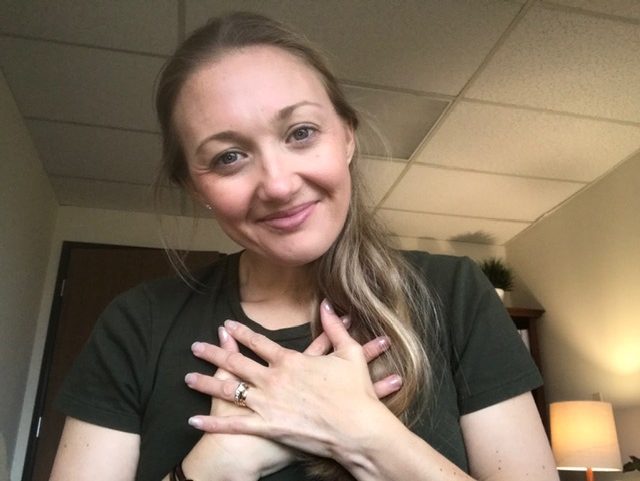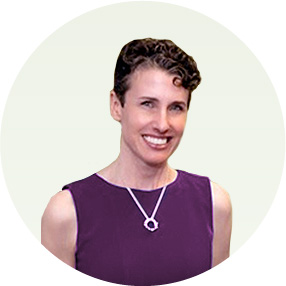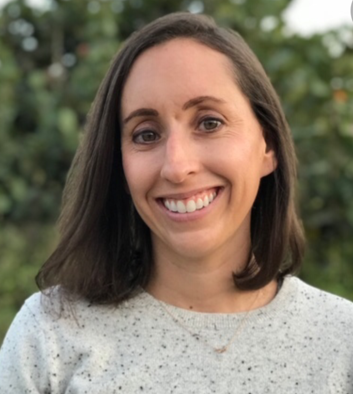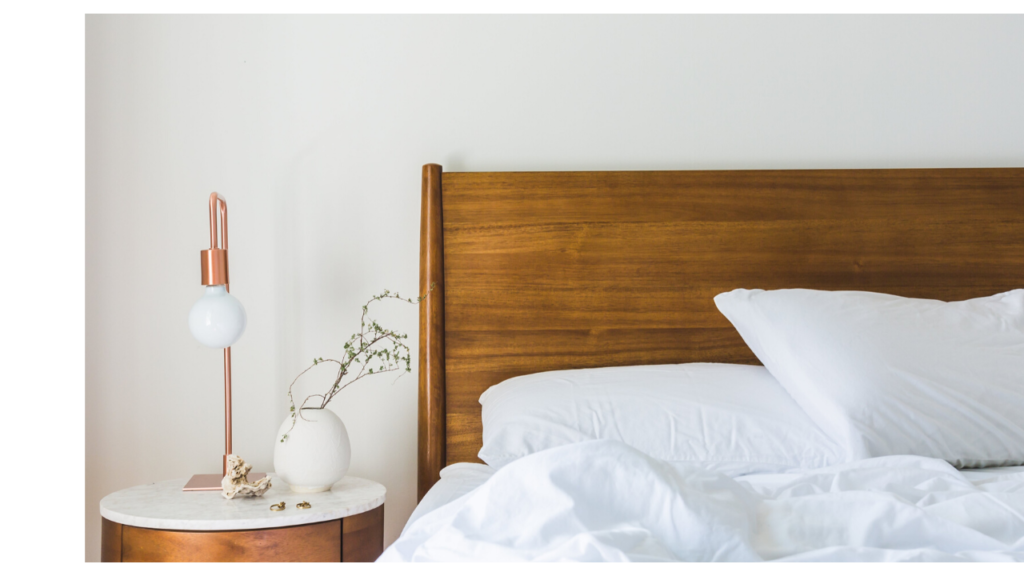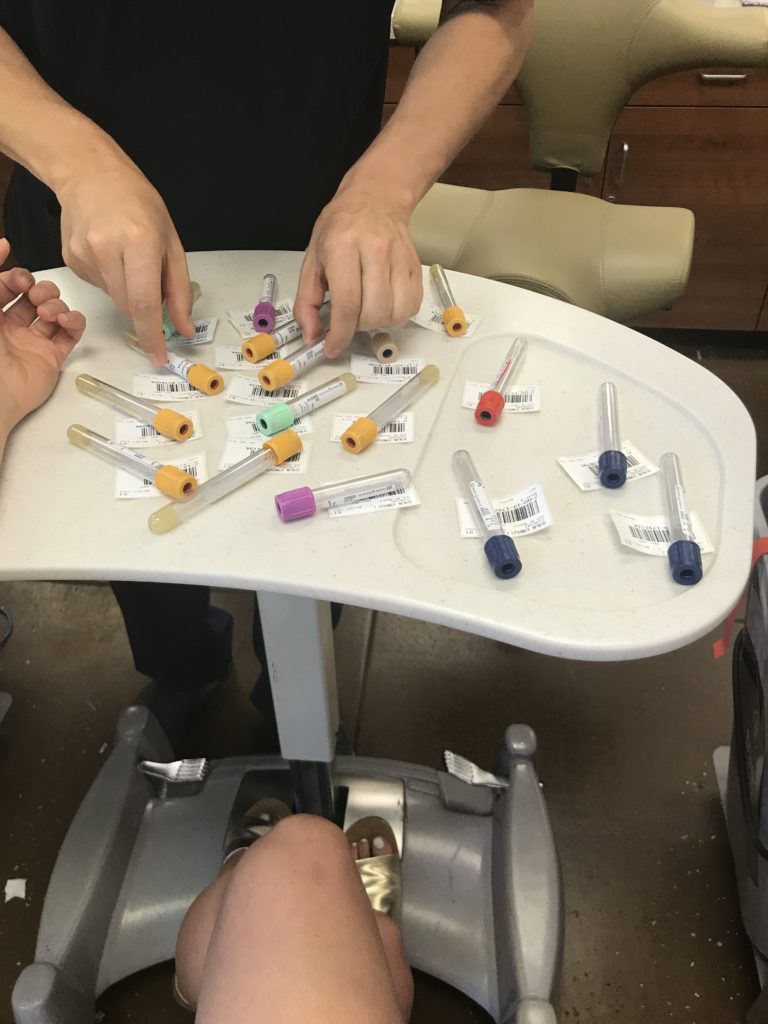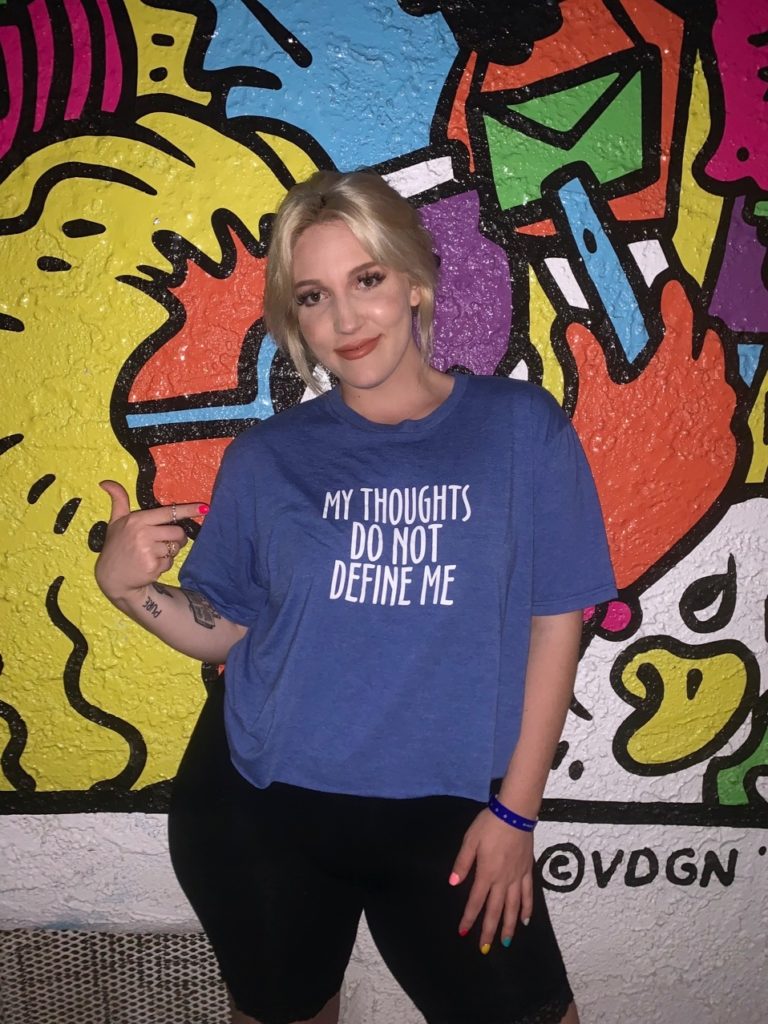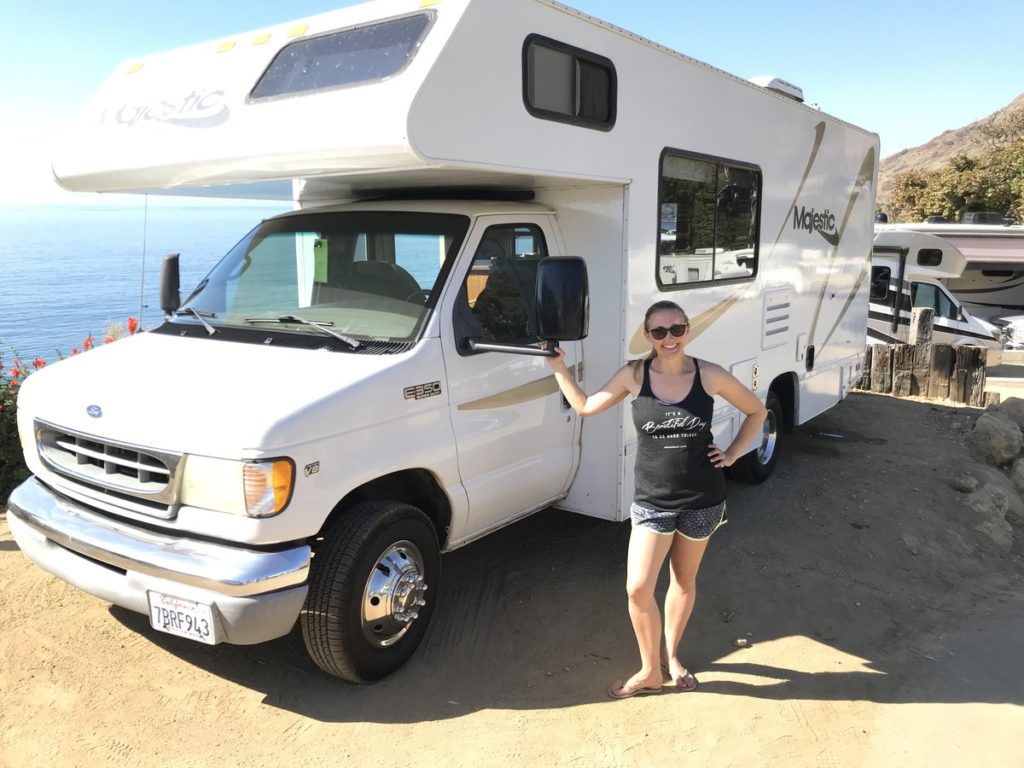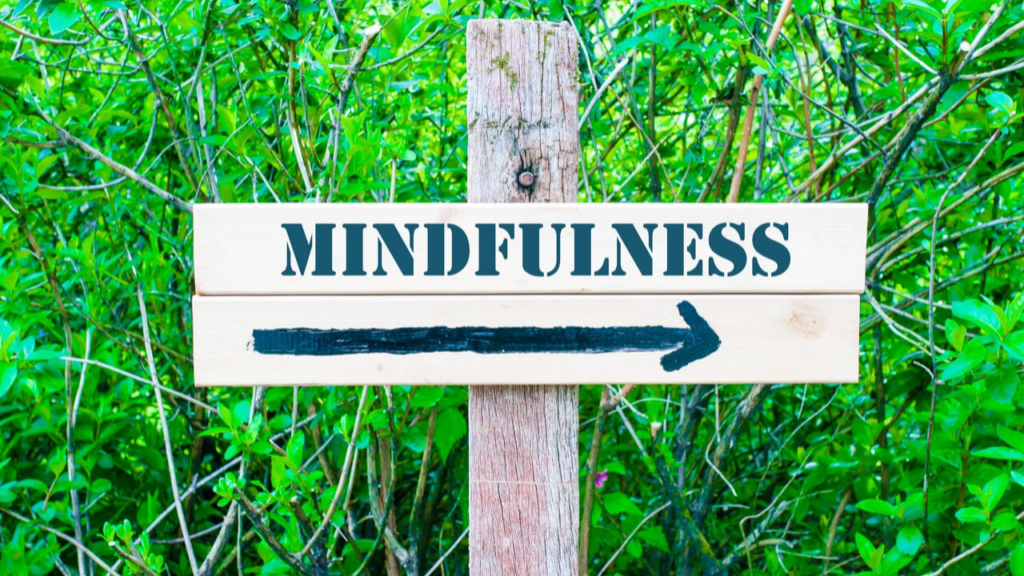Ep. 130: You Cannot Skip the Line
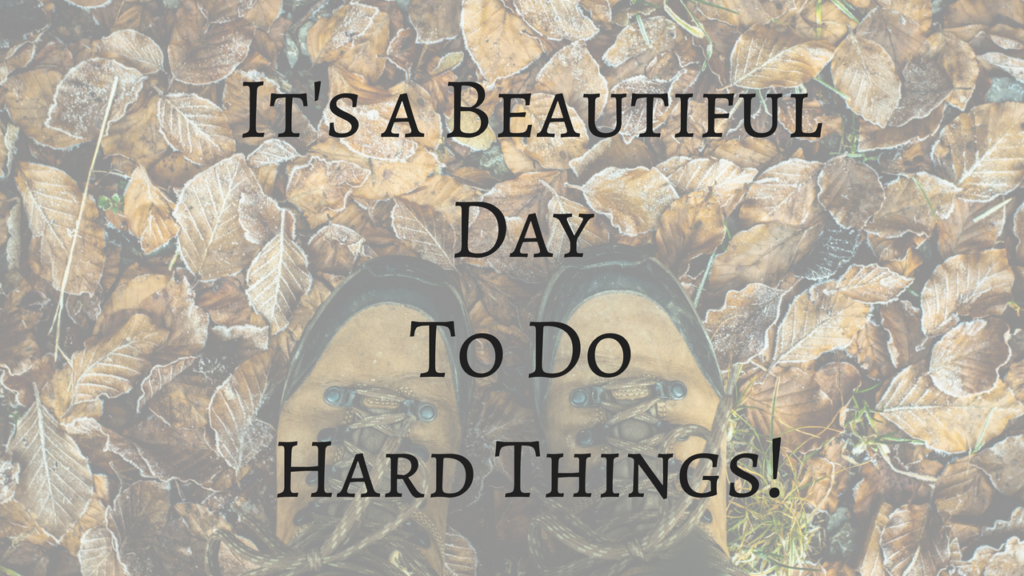
Welcome back to another episode of Your Anxiety Toolkit. Today I talk about how “you cannot skip the line.” This podcast episode is about an event that happened to me a few weeks ago that blew my mind. It pretty much punched me in the gut. Yes, you read that right. It was a hard, hard day. In this episode, I speak about attending a meditation class and being given a very hard lesson. The lesson was, “You cannot skip the line”. Let me tell you more.
In this class, I asked what I thought was a simple question. Without expecting it, the teacher taught me a very important lesson that I think will impact me for quite some time.
She responded with “There is a lesson for everyone here. It is important that you do not skip the line here. You must do the work. If you haven’t wrestled with this practice over and over, do not come to me for the answers.”
I was embarrassed. I felt ashamed. I felt called out. I felt anger.
But, after some time and contemplation, I asked myself, “Is there a pattern here?” And guess what?! There was. The lesson was that you cannot skip the line to the “know” the answer. When you “skip the line”, you prevent yourself from learning the real process. Knowing will only help for the first time or two. After that, it takes practice and patience.
In this episode, I will walk you through a 4 step process to help you lean in and do the work instead of just asking questions.
These steps include being aware that you cannot skip the line and then catching yourself when you are doing such behavior. The steps also involve being honest with yourself when you are engaging in such behavior instead of staying in the unknown. The goal is to be as patient as you can along the way. And lastly, the most important step involves Compassion, Compassion, Compassion.
I hope this helps you in some way to notice when you are “skipping the line.”
Sign up for our FREE weekly newsletter. Incredible tools, tips, and mental health resources! Click here for more information.
Please check out this excellent blog post by the amazing Shala Nicely, LPC on the problem with saying “I’m so OCD.”
